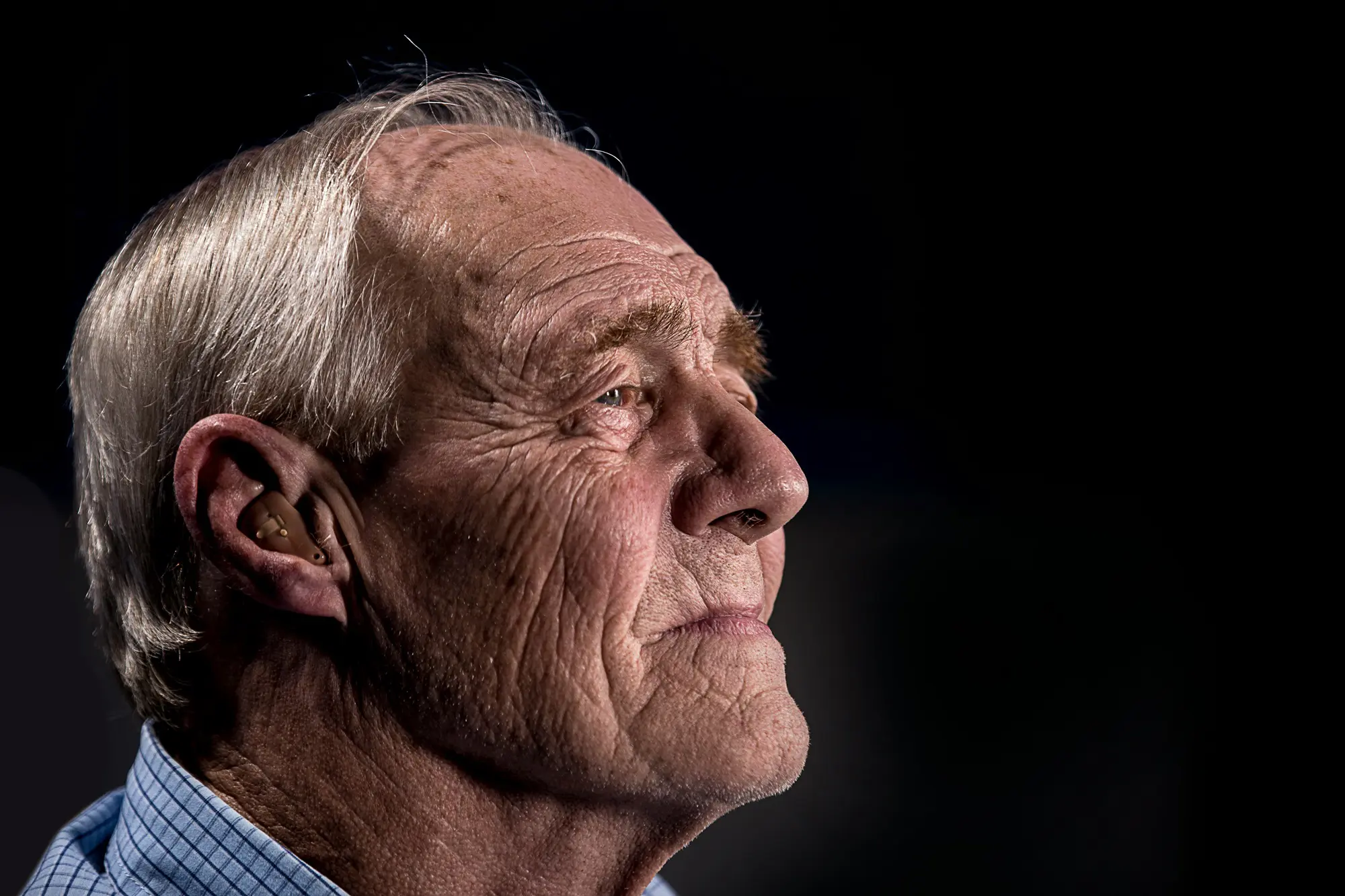
At the end of life, honoring someone’s wishes becomes a sacred responsibility, a final act of love and respect. Whether expressed through advance directives, conversations, or unspoken cues, these wishes encapsulate a person’s deepest desires for their final days and moments. As caregivers, family members, and healthcare professionals, it’s our duty to ensure that these wishes are understood, respected, and fulfilled to the best of our abilities.
Understanding and respecting someone’s wishes at the end of life begins with open and honest communication. It’s essential to initiate conversations early, long before they become necessary, to ensure that wishes are clearly expressed and documented. This may involve discussing preferences for medical treatment, end-of-life care, and final arrangements. By engaging in these conversations with empathy and sensitivity, we can create a safe space for individuals to express their desires and values.
Advance directives, such as living wills and healthcare proxies, provide invaluable guidance for honoring someone’s wishes at the end of life. These legal documents outline specific instructions for medical care and decision-making in the event that a person becomes unable to communicate their preferences. It’s crucial to ensure that advance directives are accurately documented, readily accessible, and regularly reviewed to reflect any changes in the person’s wishes or circumstances.
In addition to formal directives, it’s essential to listen attentively to the person’s verbal and nonverbal cues regarding their wishes. Pay attention to their values, beliefs, and priorities, and strive to align care and decision-making with these preferences. Respect autonomy and empower the person to make choices about their own care, even if those choices differ from what their loved ones may desire.
As caregivers, our role extends beyond simply following directives or fulfilling tasks; it’s about providing compassionate, person-centered care that honors the individual’s dignity and autonomy. This may involve advocating for their wishes within the healthcare system, coordinating with healthcare providers to ensure that care aligns with their preferences, and providing emotional support and reassurance throughout the journey.
Honoring someone’s wishes at the end of life is not always easy. It may require difficult decisions, emotional conversations, and moments of profound vulnerability. However, it’s a privilege to walk alongside someone during this sacred time, to listen to their wishes, and to do everything in our power to honor them with dignity, compassion, and love.
In the end, honoring someone’s wishes at the end of life is about more than just fulfilling legal obligations or following instructions; it’s about affirming their humanity, preserving their dignity, and providing comfort and peace as they navigate the final chapter of their journey. It’s a profound expression of love and respect, a testament to the enduring bond between caregiver and loved one, and a gift that transcends words.